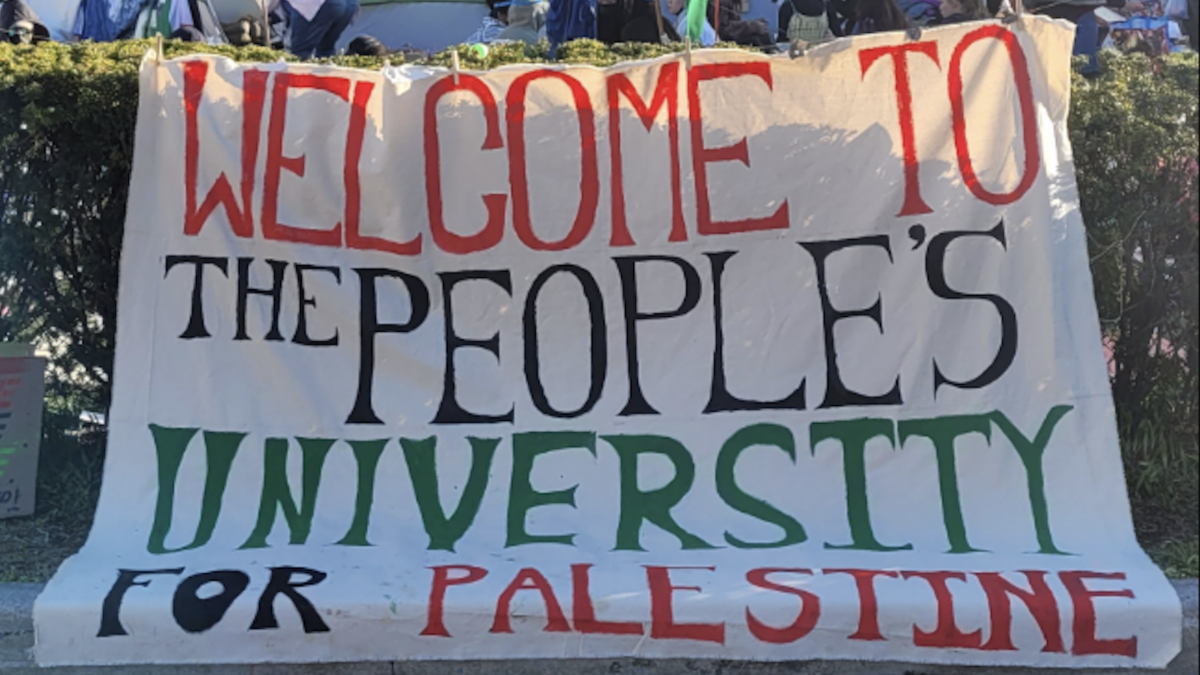It’s no great tragedy that an editor at NPR was just suspended for airing out his employer’s dirty laundry, but the episode is a helpful case study in how prejudiced, corrupt, and degenerate our corporate news media remain.
NPR Media Correspondent David Folkenflik announced Tuesday that Uri Berliner, a longtime business editor at the network, was suspended for five days without pay following his tour de force last week, during which Berliner extensively detailed the detrimental lack of ideological diversity at NPR.
“With declining ratings, sorry levels of trust, and an audience that has become less diverse over time, the trajectory for NPR is not promising,” Berliner wrote for The Free Press in his media kickoff. “Two paths seem clear. We can keep doing what we’re doing, hoping it will all work out. Or we could start over, with the basic building blocks of journalism. We could face up to where we’ve gone wrong.”
He said there was an “unspoken consensus” at NPR, which is now little more than a conglomerate of social justice interest groups, that dictated the network’s news coverage. “It’s frictionless,” he said, “one story after another about instances of supposed racism, transphobia, signs of the climate apocalypse, Israel doing something bad, and the dire threat of Republican policies. It’s almost like an assembly line.”
The innocuous and plain observation was that NPR has diminished its reputation and thereby its audience with its obsessive preoccupation with skin color and sexual identity, as well as its undeniable editorial judgment framing Donald Trump and anyone who would consider voting for him as an irredeemably despicable person.
Berliner cited NPR’s dwindling audience share, with an emphasis on the consistently low listenership among blacks and Latinos, despite all of the company’s devotion to “diversity.” And he wrote that past personal overtures to executives expressing his concerns were left unanswered. Subsequent reports indicated a lack of enthusiasm among Berliner’s colleagues for his public criticism, and he was ultimately reprimanded for, according to Folkenflik, having “failed to secure [NPR’s] approval for outside work for other news outlets.” (In other words, they were claiming to punish him not for insubordination but for contributing to another publication.)
There’s a curious neurosis among many people in this field of work that has them under the misguided belief that there’s something virtuous and noble in publicly trashing your bosses and coworkers, so as to earn favor with competitors who are considered for some reason to be superior. It was certainly a ballsy thing for Berliner to openly second-guess his bosses and colleagues, who surely deserve that and more (like Chinese water torture). Under normal circumstances, he would just as surely deserve the consequence for doing it.
But like the rest of the corporate media, NPR is not a normal place. It’s a depraved place where sex and race determine a person’s worth. And unfortunately for Berliner, he is not only a straight, white male (bottom of the food chain at NPR), he is also manifestly disinterested in sex and race, placing him at sewage-level valuation among NPR executives. (Read more on this phenomenon in my 2020 book Privileged Victims: How America’s Culture Fascists Hijacked the Country and Elevated Its Worst People.)
As Berliner wrote in his piece for The Free Press, then-CEO of NPR John Lansing declared to the company in 2020, the year of our George Floyd, that “diversity” would be the network’s “North Star.”
“Race and identity became paramount in nearly every aspect of the workplace,” wrote Berliner. “Journalists were required to ask everyone we interviewed their race, gender, and ethnicity (among other questions), and had to enter it in a centralized tracking system. We were given unconscious bias training sessions. A growing DEI [diversity, equity, and inclusion] staff offered regular meetings imploring us to ‘start talking about race.’ Monthly dialogues were offered for ‘women of color’ and ‘men of color.’ Nonbinary people of color were included, too.”
In essence, Berliner was no longer interested in NPR’s “North Star,” so NPR is no longer interested in Berliner. By contrast, imagine a separate employee at the network who instead publicly complained that her employers still weren’t doing enough in the name of “diversity.” Who would anticipate her suspension without pay? On the contrary, she would predictably receive a promotion and public letters of remorse, plus promises to “do better” from her employers.
That’s the way DEI and “social justice” work. If Berliner wasn’t sure of that before, he’s well-informed now.









